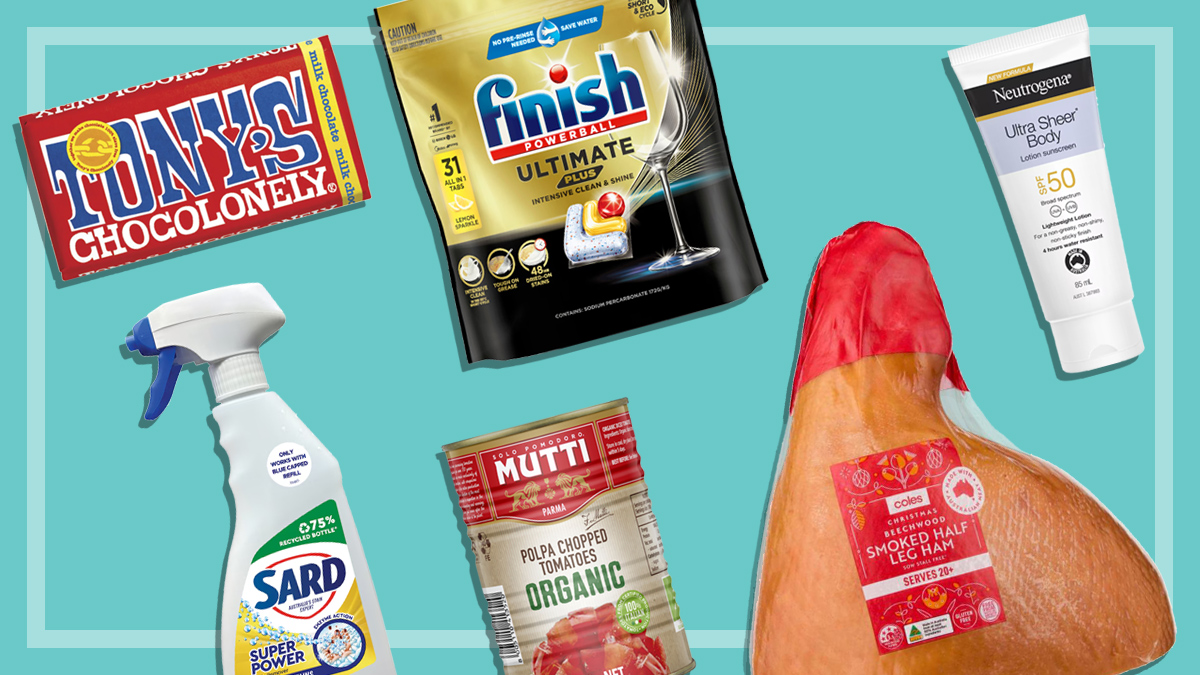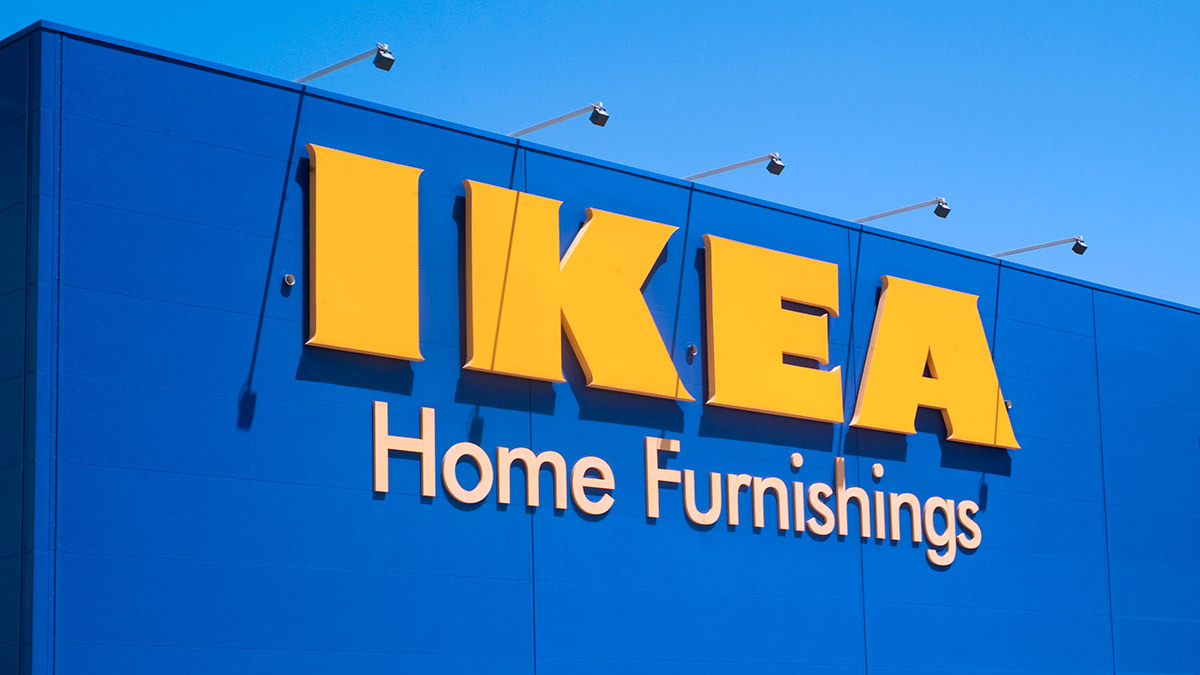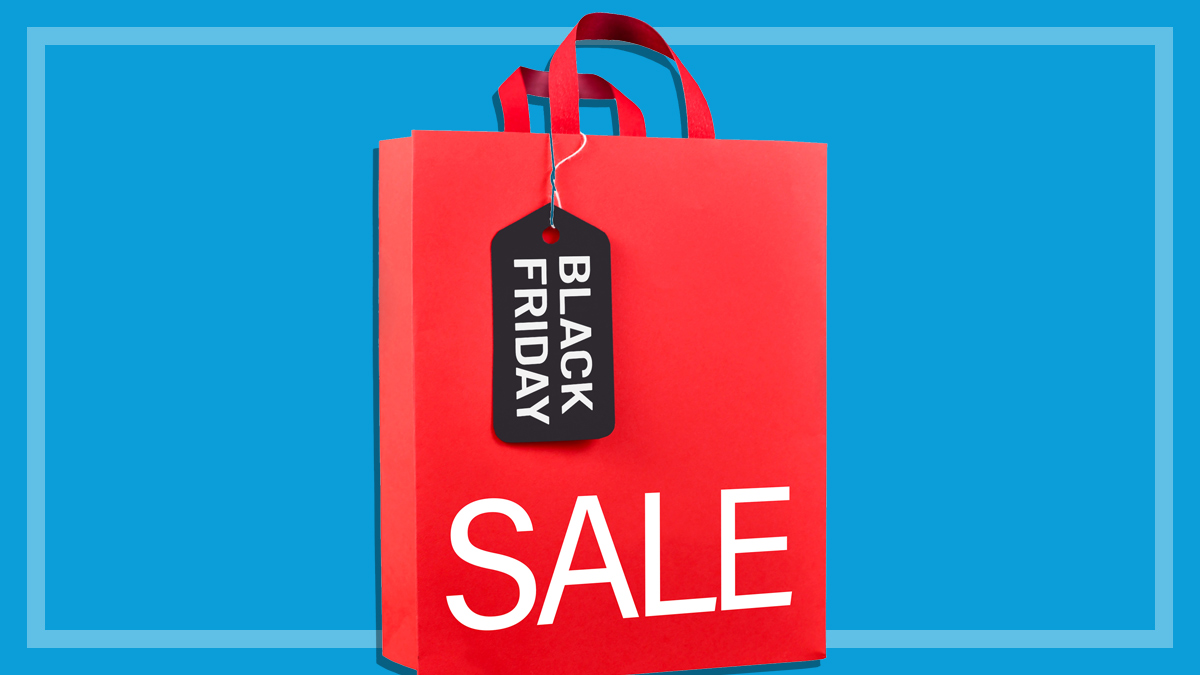Get our independent lab tests, expert reviews and honest advice.
Which supermarket has the cheapest groceries?
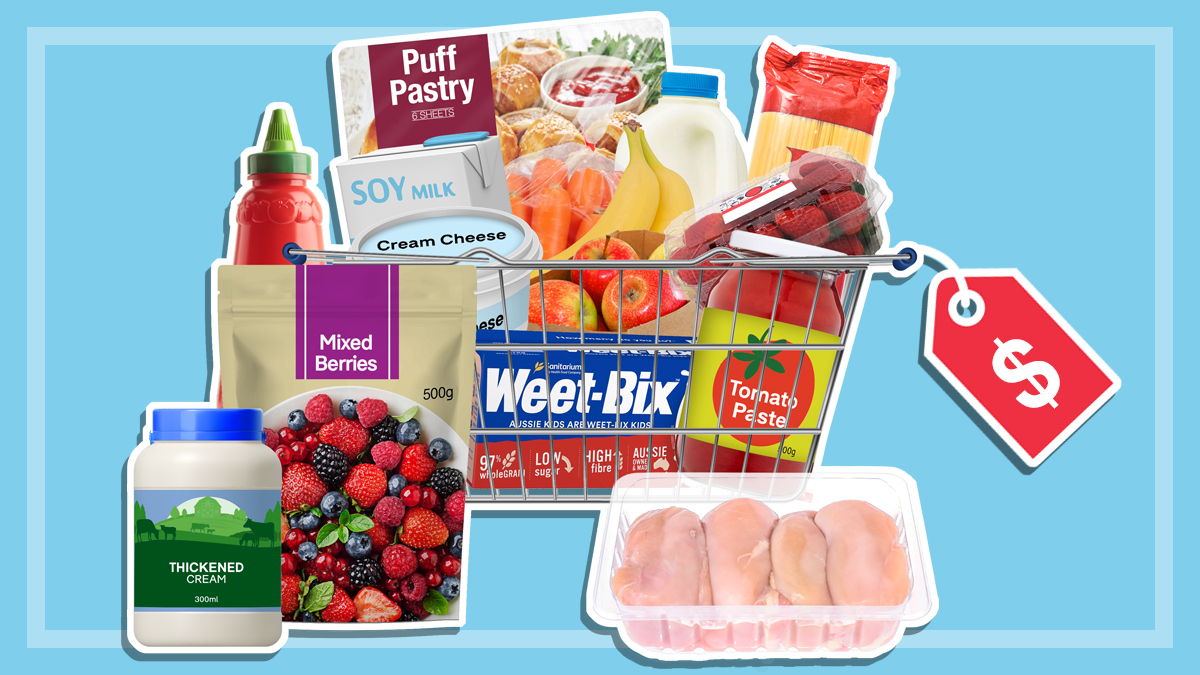
Need to know
- In our most recent supermarket basket comparison, we found Aldi had the best price for our basket of 15 regularly priced items, followed by Coles, Woolworths and IGA
- Our latest grocery survey includes a spotlight on eight home-brand products, as well as our seven base basket items
- We included a freshness assessment in this survey, and found that strawberries from Coles lasted better than fruit from the other supermarkets
On this page:
- The cheapest supermarket in our survey
- What's in our basket?
- Does where you live make a difference to grocery prices?
- Spotlight: The home-brand basket
- Freshness assessment
- What our results means for consumers
- How we survey supermarkets
Since the start of 2025, the Reserve Bank of Australia has made three rate cuts, and while these reductions may have brought some relief to mortgage holders, our nationally representative Consumer Pulse surveys continue to paint a picture of financial stress for many households.
The winter that’s just passed exacerbated people’s worries about electricity prices, but food and groceries remain a huge concern for a large number of households.
In our most recent survey, 86% of respondents told us they’re worried about these costs, with that figure rising to 92% for Australians living outside of capital cities.
These concerns have remained high since 2022, underlining the need for CHOICE to continue monitoring supermarket prices.
The cheapest supermarket in our survey
Without including specials, our full basket of 15 items cost $55.34 at Aldi, $56.75 at Coles, $57.20 at Woolworths and $65.56 at IGA.
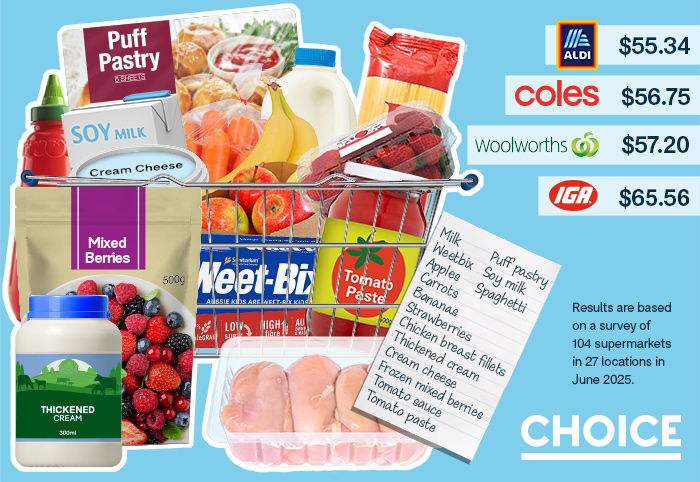
While most prices at Aldi, Coles and Woolworths were consistent around the country, the variation in pricing at IGA means the average cost of our basket of goods was significantly higher than at the other three stores.
While this is an accurate reflection of the data, you may find prices at your local IGA to be closer to what you’ll pay at the other supermarkets, such is the significance of the variation between prices at different IGA stores.
Looking at the individual items on our list (without specials), Coles and Woolworths had the best deal on chicken breasts, Coles had the cheapest carrots, and Aldi had the best price on everything else.
Supermarket grocery prices (without specials): Baskets compared
Aldi: $55.34
Coles: $56.75
Woolworths: $57.20
IGA: $65.56
Fieldworkers priced groceries at 104 supermarkets in 27 locations across Australia in June 2025. This is the average basket price without taking specials into account. (Note: A price was deemed to be a special when we had evidence of a temporary price reduction.) There were 15 grocery items in each basket (7 fresh and 8 packaged items).
Prices with specials
When you take into account the savings from the specials available when we shopped, at Aldi our basket cost $55.26. It cost $56.75 at Coles, $56.96 at Woolworths and $64.02 at IGA.
Once specials were applied, a discount on chicken at Woolworths meant this supermarket was the cheapest for this item across the stores we surveyed. All other product-by-product price rankings remained the same.
As noted in our previous reports, buying items on special can make a significant difference to overall grocery costs, which is why it’s a good idea to shop around.
Supermarket grocery prices (with specials): Baskets compared
Aldi: $55.26
Coles: $56.75
Woolworths: $56.96
IGA: $64.02
Fieldworkers priced groceries at 104 supermarkets in 27 locations across Australia in June 2025. This is the average basket price taking specials into account. (Note: A price was deemed to be a special when we had evidence of a temporary price reduction.) There were 15 grocery items in each basket (7 fresh and 8 packaged items).
What’s in our basket?
As part of our new approach in year two, we’re sharing the full contents of our basket, which this quarter included seven fresh and eight packaged items. The products we purchased were:
- Chicken breasts, bulk pack
- Carrots
- Royal Gala apples
- Cavendish bananas
- Strawberries
- Full cream milk
- Cream cheese
- Thickened cream
- Weetbix
- Tomato sauce
- Spaghetti
- Tomato paste
- Soy milk
- Puffed pastry sheets
- Frozen mixed berries
For all items we chose, we considered a range of factors such as ingredient lists, country of origin and packaging similarities to ensure we made fair comparisons. When items were unavailable, we looked for the closest alternative, just as you would when shopping for your family. Fieldworkers priced groceries at 104 supermarkets in 27 locations across Australia in June 2025.
You can see the full list of what we purchased at each store by clicking on the blue arrow below.
The Aldi basket
- Chicken breast fillets, bulk pack
- 1kg carrots, pre-packaged
- 1kg Royal Gala apples, pre-packaged
- Cavendish bananas, priced per kg
- Strawberries, 250g punnet
- Farmdale Full Cream milk, 2L
- Farmdale Thickened Cream, 300ml
- Westacre Dairy Cream Cheese, 250g
- Remano Pasta spaghetti, 500g
- Remano Tomato Paste, 500g jar
- Colway Tomato Sauce, 500ml
- Orchard & Vine Mixed Berries, 500g
- Elmsbury Puff Pastry Ready Rolled Sheets, 1kg
- Sanitarium Weetbix, 375g pack
- Inner Goodness Regular Soy Milk, 1L
The Woolworths basket
- Chicken breast fillets, bulk pack
- 1kg carrots, pre-packaged
- 1kg Royal Gala apples, pre-packaged
- Cavendish bananas, priced per kg
- Strawberries, 250g punnet
- Woolworths Full Cream milk, 2L
- Woolworths Thickened Cream, 300ml
- Woolworths Spreadable Cream Cheese, 250g
- Essentials Spaghetti, 500g
- Woolworths Tomato Sauce Squeeze, 500ml
- Essentials Tomato Paste, 500g jar
- Woolworths Frozen Mixed Berries, 500g
- Woolworths Frozen Puff Pastry Sheets, 1kg
- Sanitarium Weetbix, 375g pack
- Woolworths Soy Long Life Milk, 1L
The Coles basket
- Chicken breast fillets, bulk pack
- 1kg carrots, pre-packaged
- 1kg Royal Gala apples, pre-packaged
- Cavendish bananas, priced per kg
- Strawberries, 250g punnet
- Coles Full Cream milk, 2L
- Coles Thickened Cream, 300ml
- Coles Cream Cheese Spread original, 250g
- Coles Simply Spaghetti, 500g
- Coles Squeezy Tomato Sauce, 500ml
- Coles Simply Tomato Paste, 500g jar
- Coles Frozen Mixed Berries, 500g
- Coles Frozen Puff Pastry, 1kg
- Sanitarium Weetbix, 375g pack
- Coles Soy Milk Regular, 1L
The IGA basket
- Chicken breast fillets, bulk pack
- 1kg carrots, pre-packaged
- 1kg Royal Gala apples, pre-packaged
- Cavendish bananas, priced per kg
- Strawberries, 250g punnet
- Cheapest Full Cream milk, 2L
- Black & Gold Thickened Cream, 300ml
- Black & Gold Cream Cheese, 250g
- Black & Gold Spaghetti, 500g
- Community Co Tomato Sauce, 500ml
- Black & Gold Tomato Paste, 500g jar
- Community Co Frozen Mixed Berries, 500g
- Black & Gold Australian Puffed Pastry, 1kg
- Sanitarium Weetbix, 375g pack
- Community Co Soy Milk, 1L
Prices with specials
When you take into account the savings from the specials available when we shopped, at Aldi our basket cost $55.26. It cost $56.75 at Coles, $56.96 at Woolworths and $64.02 at IGA.
Once specials were applied, a discount on chicken at Woolworths meant this supermarket was the cheapest for this item across the stores we surveyed. All other product-by-product price rankings remained the same.
As noted in our previous reports, buying items on special can make a significant difference to overall grocery costs, which is why it’s a good idea to shop around.
How closely matched are Coles and Woolies?
In the first eighteen months of our quarterly supermarket research, Coles and Woolies have remained similarly matched on price.
While Woolworths was slightly cheaper when we shopped in March and June 2024, Coles was the cheaper of the two in September and December 2024.
In 2025, our June report found Woolworths took the lead against its biggest rival (without specials), while this month Coles has come out on top. This is despite Woolworths announcing reductions on nearly 700 products since May as part of their lower shelf price commitment.
It is a close contest, though.
When specials are included, Woolworths was just $0.21 more expensive than Coles in our basket of 15 items. That difference increased to $0.45 when comparing prices without specials.
In fact, nine of the 15 items were priced identically at both supermarkets, so there really is very little separating them.
How does IGA compare?
IGA doesn’t have the same chain-store model as Aldi, Coles and Woolworths, with individual stores operating as independently owned franchises. That means we see quite a lot of variation between the stores in the IGA network, often due to variation in store sizes and the effect this has on the ranges.
We can see prices vary by as much as 30% between IGA stores around the country, even when comparing own-brand products.
We can see prices vary by as much as 30% between IGA stores around the country
It’s worth noting that in NSW, we found our basket of 15 products (with specials) was actually 10c cheaper at IGA than at Woolworths. (Aldi was $53.81, Coles $56.68, IGA $57.20 and Woolworths $57.30.)
All of this means that while some IGA stores might be more competitive, overall, our basket of 15 items (without specials) costs over $10 more on average from IGA than it did at Aldi.
Does where you live make a difference to grocery prices?
Our analysis found that the state you live in does make a difference to how much you pay, and we also see variations between the different stores.
The prices varied very little between Aldi stores, but because shoppers in Western Australia paid up to $3 more per kilogram for one of our staple items (apples) than in other Aldi locations, Aldi’s basket was more expensive there.
Western Australians also paid more than the mainland eastern states at Woolworths and Coles stores.
IGA shoppers in the Northern Territory and Tasmania paid more than they did in other locations.
Victorians paid less at Coles and Woolworths than shoppers from other states.
For IGA and Aldi shoppers, NSW had the best prices.
Average price of grocery baskets (including specials): State-by-state comparison
Australian Capital Territory:
Aldi: $54.51
Woolworths: $57.60
Coles: $56.80
IGA: $70.76
New South Wales:
Aldi: $53.81
Woolworths: $57.30
Coles: $56.68
IGA: $57.20
Northern Territory:
Woolworths: $56.90
Coles: $56.05
IGA: $73.09
Queensland:
Aldi: $56.01
Woolworths: $56.23
Coles: $55.40
IGA: $60.98
South Australia:
Aldi: $55.21
Woolworths: $56.38
Coles: $56.68
IGA: $63.07
Tasmania:
Woolworths: $58.00
Coles: $56.70
IGA: $81.21
Victoria:
Aldi: $54.51
Woolworths: $55.22
Coles: $55.20
IGA: $60.81
Western Australia:
Aldi: $57.49
Wooloworths: $59.40
Coles: $59.90
IGA: $65.74
Spotlight: The home-brand basket
While we know that shoppers tend to buy a mix of branded and own-brand products, we’re often asked about how much can be saved by buying the cheapest products on offer. Which is why this month we added eight home brand products to our basket.
Our survey found that Aldi had the cheapest basket of home-brand goods, which included a mix of fridge, freezer and shelf items.
Similar baskets at Coles and Woolworths were $1.22 and $1.32 more than at Aldi.
It’s worth noting that for some items (tomato paste, spaghetti and puff pastry), Aldi was only one cent cheaper than Coles and Woolies.
Our survey found that Aldi had the cheapest basket of home-brand goods, which included a mix of fridge, freezer and shelf items
We’re often asked how quality varies between the different home brand products. Are they really the same?
To judge how some of the products we compared perform, we cooked fruit pastries using home-brand puff pastry, frozen berries and cream cheese from Coles, Woolworths, Aldi and IGA.
Our tasters told us the pastries prepared with ingredients from Woolworths topped the bunch, earning 20 votes in a landslide victory. Coles came second with five votes, Aldi third with four votes and IGA fourth with two votes.
Read the full results of our home-brand fruit pastry bake-off.
Cheapest home-brand spotlight groceries
But first, price. The goods in our home-brand spotlight list (without specials) were cheapest at Aldi ($20.08), followed by Coles ($21.30), Woolworths ($21.40) and IGA ($23.89).
When we included specials, the price stayed the same at Aldi, Coles and Woolworths, but fell by 5c at IGA to $23.84.
Freshness assessment
One assertion we often hear from shoppers is that they believe buying cheaper means poorer quality. And fresh fruit and vegetables are frequently cited as being better quality and longer lasting at one supermarket or another.
So, which supermarket really has the freshest produce?
While we can’t answer that question for every item you might wish to purchase, we decided we could look at one particular item that often seems to develop signs of decay sooner than we would like: strawberries.
On day one, 100% of the Coles punnets assessed were found to contain no fruit that showed signs of decay
For this survey, we asked shoppers to assess the freshness of the strawberries in their baskets on day one and again on day five.
Shoppers were instructed to keep their strawberries in the container they came in and to store them in the crisper drawer of their refrigerator.
After five days, they were asked to examine the berries and tell us how many showed signs of decay.
In this assessment, Coles beat the other supermarkets. On day one, 100% of the Coles punnets assessed were found to contain no fruit that showed signs of decay. Woolworths came in next with 92%, followed by Aldi (75%) and IGA (50%).
After five days, Coles still led for freshness: 58% of punnets contained no fruit with signs of decay. Woolworths and Aldi were fairly evenly matched (44% and 45% were without signs of decay). Of the punnets we assessed from IGA, only 25% had no signs of decay after five days.
How fresh are your strawberries
We assessed between 19 and 25 punnets from each supermarket on the day they were purchased and then again five days later. Strawberries were considered fresh when they were free from mould (usually a grey-brown fuzz), mushiness, leathery spots and other indications of age and decay.
Day 1: Percentage without decay
Coles – 100%
Woolworths – 92%
Aldi – 75%
IGA – 50%
Day 5: Percentage without decay
Coles – 58%
Woolworths – 44%
Aldi – 45%
IGA – 25%
What our results means for consumers
Our baskets of goods give us a way to get a general picture of prices in the different stores and locations we visit, but they can’t reveal the whole picture.
Smaller ranges, as we saw at some IGA stores, and special pricing can make a big difference to overall costs. We also know that between the time we survey and the time we publish our results, prices will inevitably fluctuate.
Smaller ranges, as we saw at some IGA stores, and special pricing can make a big difference to overall costs
What our findings continue to highlight is that small changes add up to significant savings, particularly over the course of the year.
That doesn’t just mean changing the store you shop at, we also recommend you think creatively and carefully about what you choose to put in your shopping trolley.
What our findings continue to highlight is that small changes add up to significant savings, particularly over the course of the year
There are lots of ways to save money on your weekly shop. Here are three of our top tips to help you reduce what you’re paying at the checkout.
- Check the unit pricing: It can be hard to compare prices of different-sized products from different brands, but unit pricing lets you compare prices based on the price per unit e.g. 100g or 1L. All supermarkets are required by law to include this information in labelling, both online and instore.
- Shop around: Switching between stores and shopping at different supermarkets to take advantage of specials can deliver significant savings.
- Change your routine: Swap expensive cuts of meat for cheaper alternatives, look at frozen fruit and veg, particularly if shopping for produce out of season, and give the ugly fruit and veg a go. Also, don’t be afraid to try home-brand products. Our expert testing often finds these ranges outperform more expensive options at all the supermarkets.
It won’t change the fact that we are still paying significantly more for our groceries than we were just a few years ago, but making these small changes can add up.
How we survey supermarkets
Supermarkets and locations
We sent undercover shoppers into 104 supermarkets – 27 Woolworths, 27 Coles, 23 Aldi and 27 IGA stores – in 27 locations across Australia in March 2025. Supermarket locations were chosen to give good coverage of socio-economic status based on ABS Indexes and geographic spread across the country. We survey supermarkets in clusters so that each store has local competition, and we calculate the average price of the basket of goods, both with and without specials. A price was deemed to be a special when we had evidence of a temporary price reduction. There were 14 grocery items in each basket (7 fresh and 8 packaged items).
Grocery basket items
Our basket, which this quarter included a number of home-brand products, consisted of chicken breasts, carrots, Royal Gala apples, Cavendish bananas, strawberries, full cream milk, cream cheese, thickened cream, Weetbix, tomato sauce, spaghetti, tomato paste, soy milk, frozen puffed pastry sheets and frozen mixed berries. Our shopping basket also included aluminium foil, but we excluded this item from the results because we were unable to find comparable products at many of the IGA stores we visited.
The full list of items in our latest basket, including brands and pack sizes, are listed above.
For more details on how we survey, see How we survey supermarket grocery prices.


